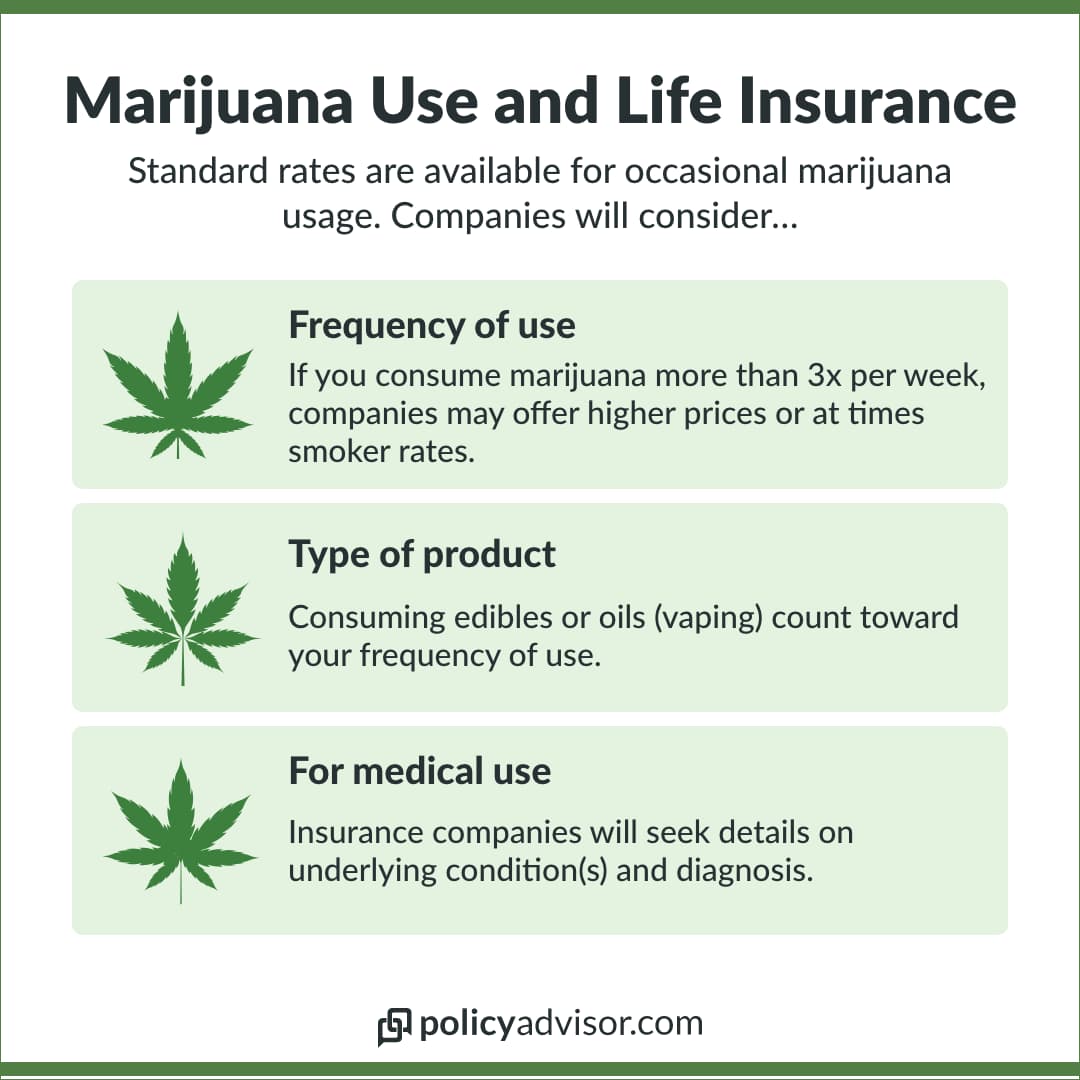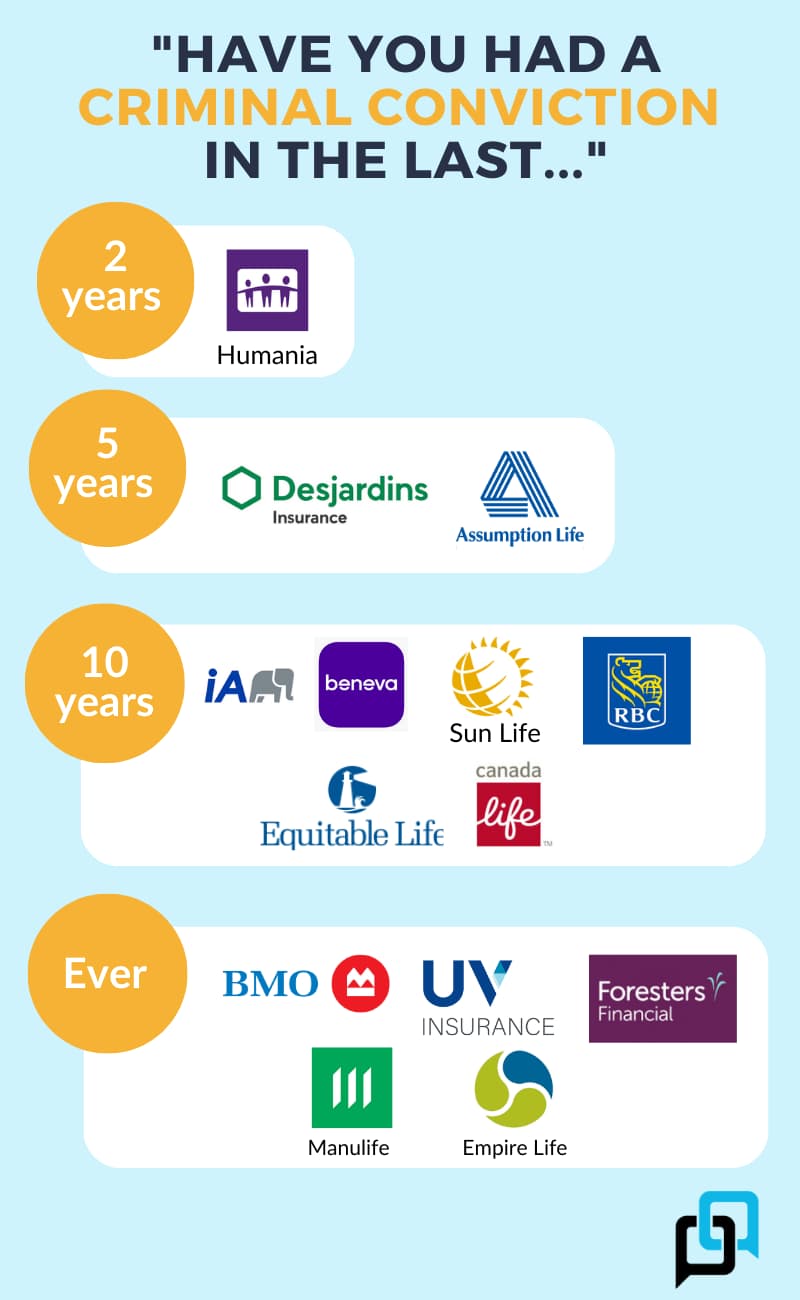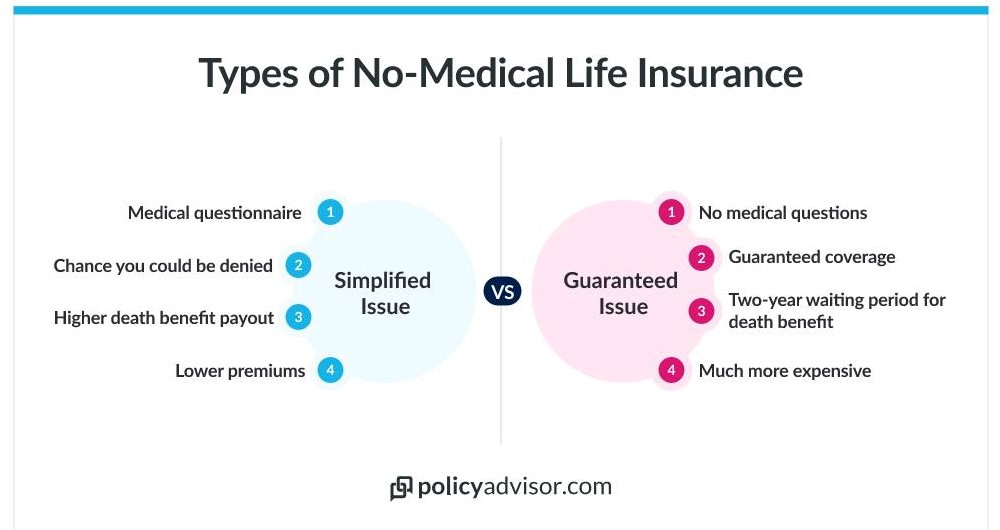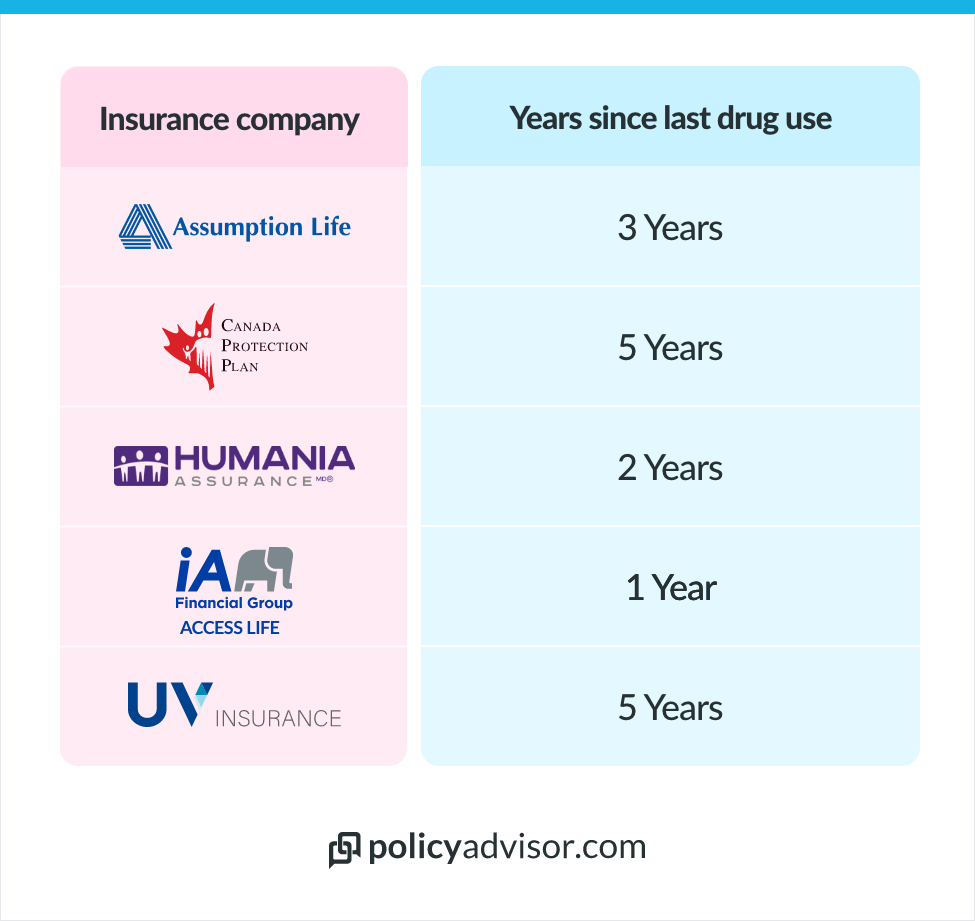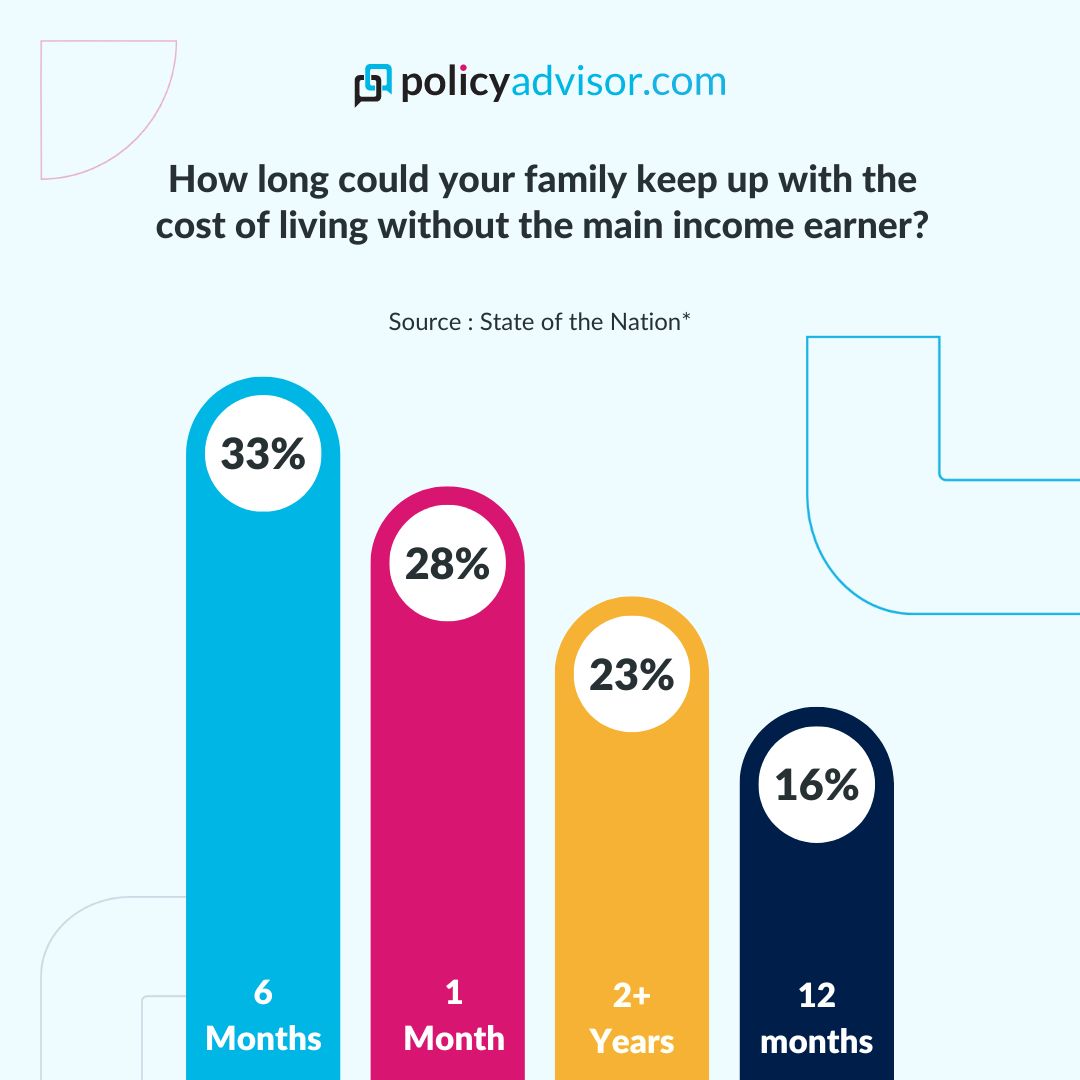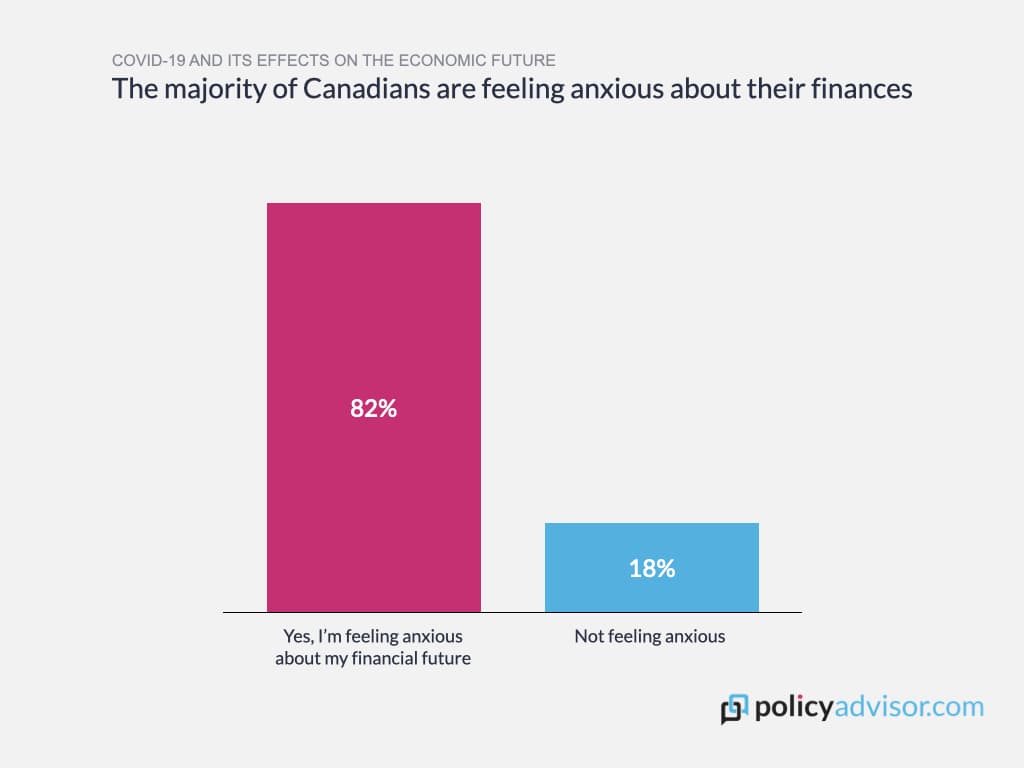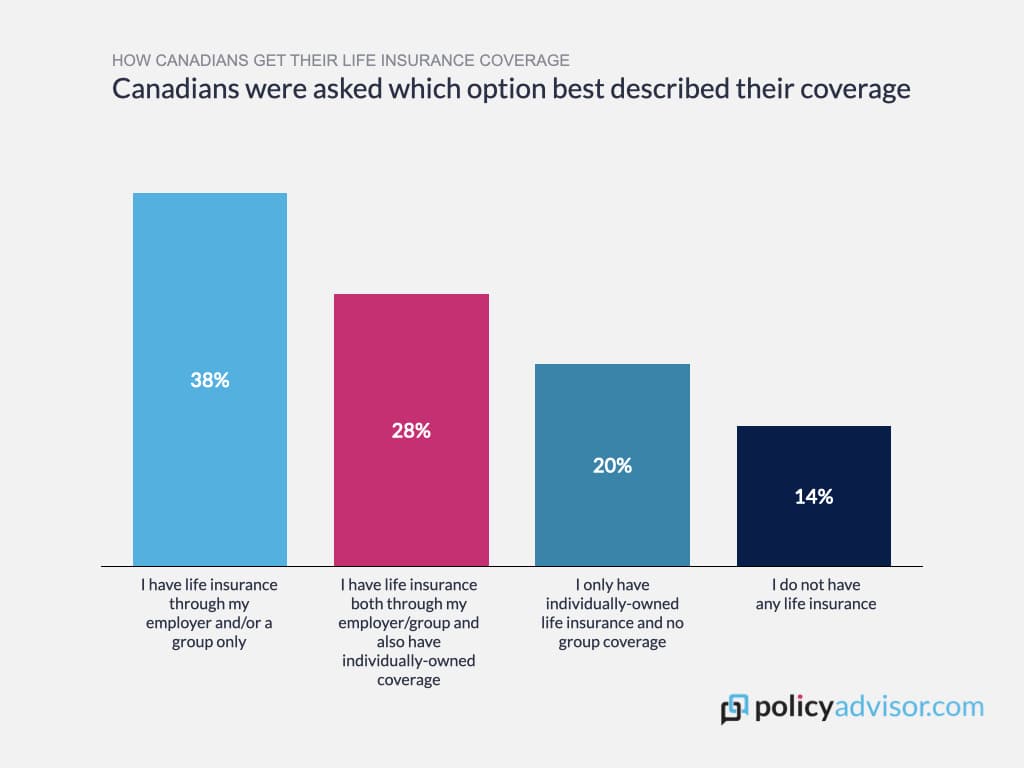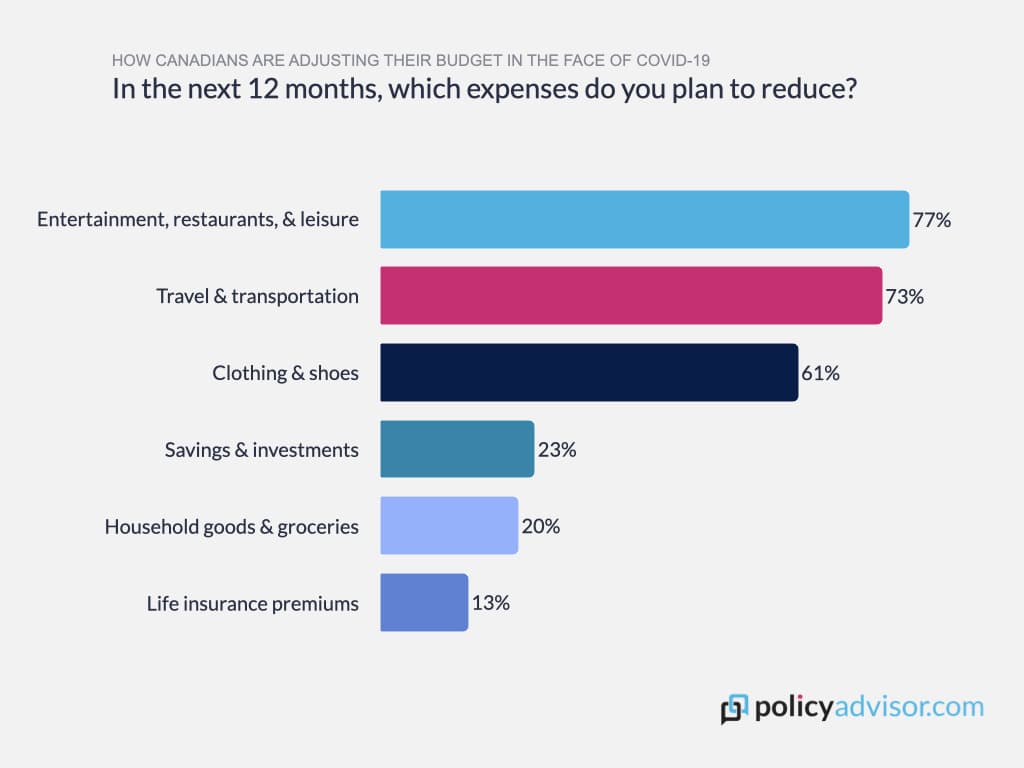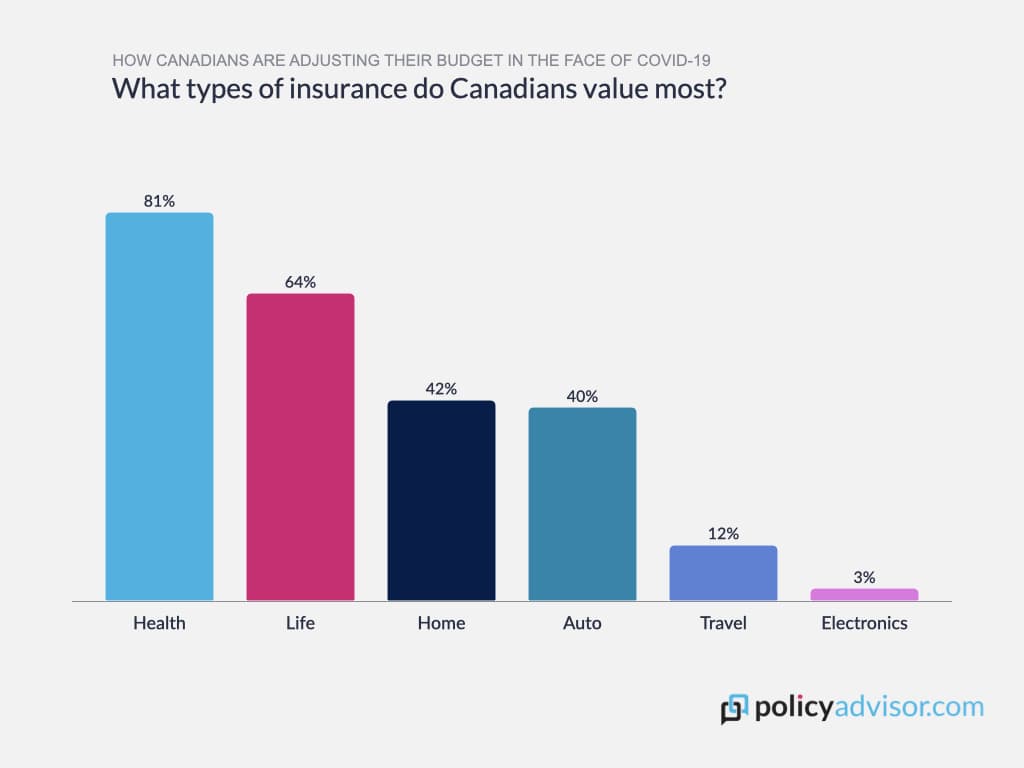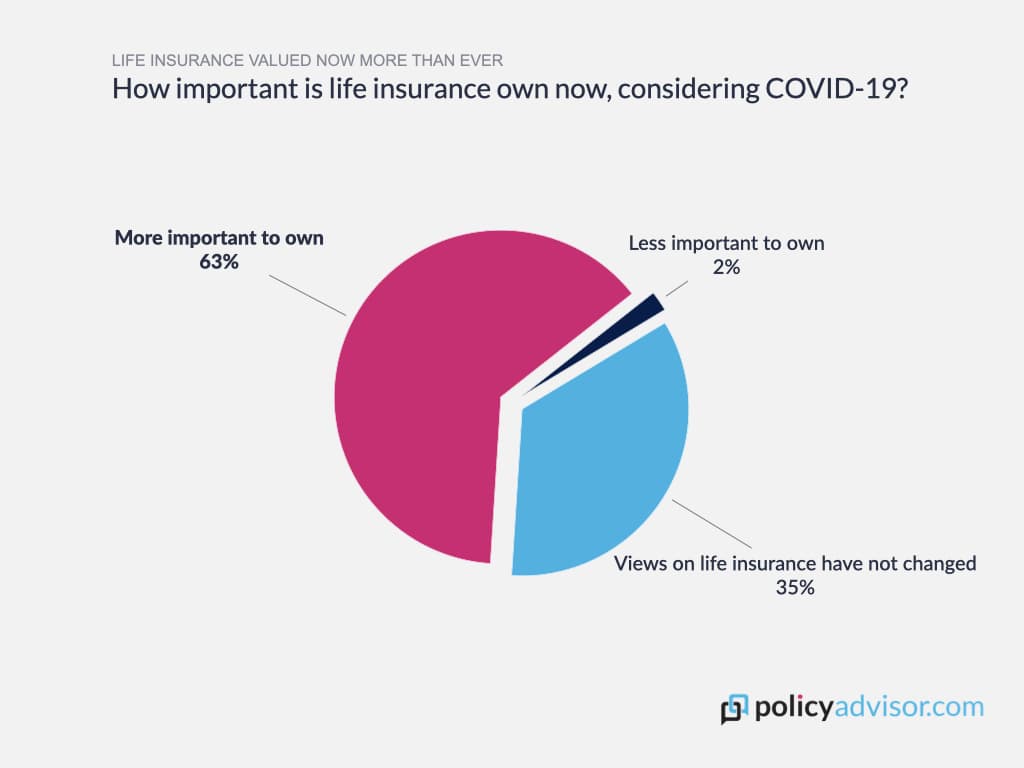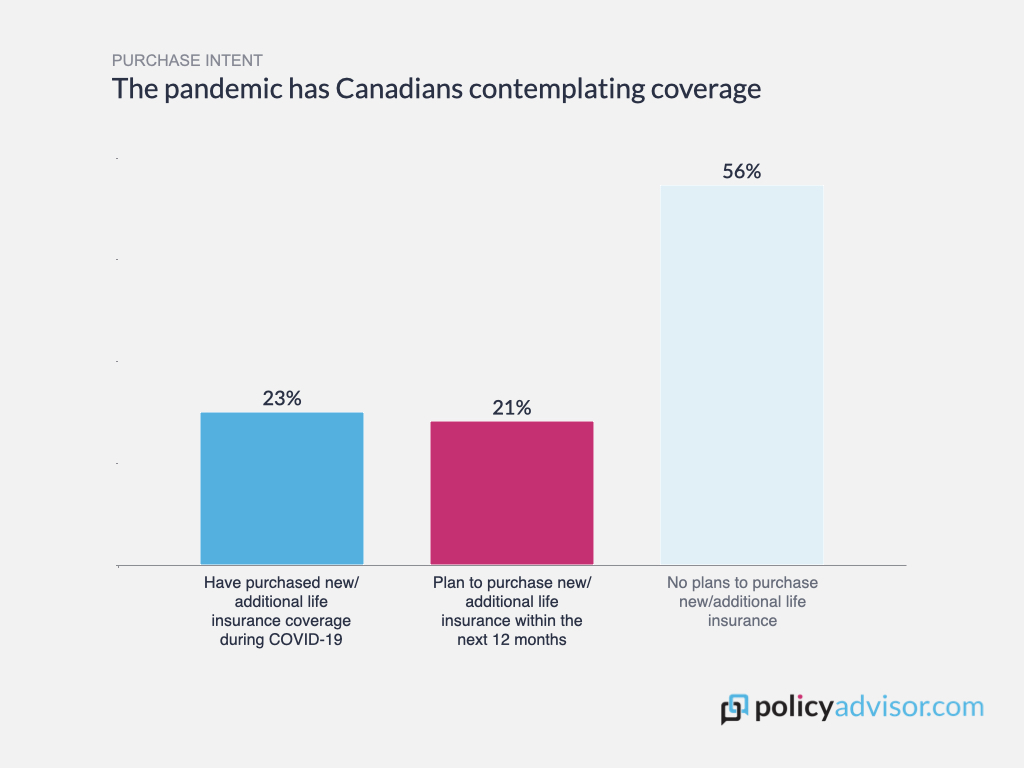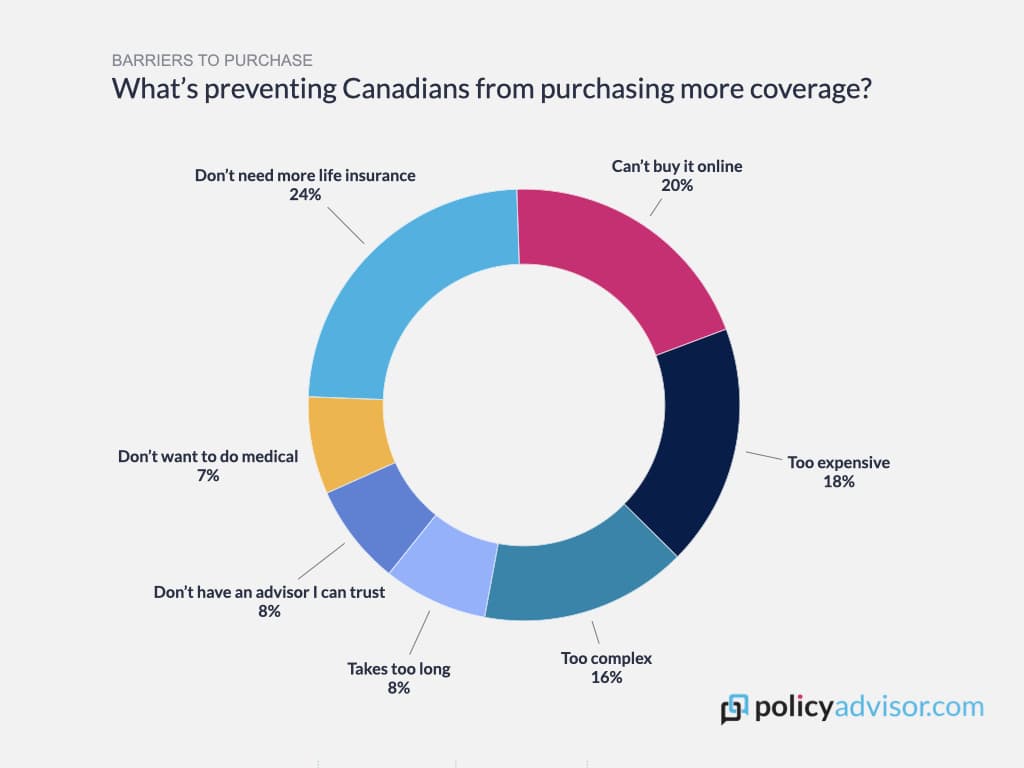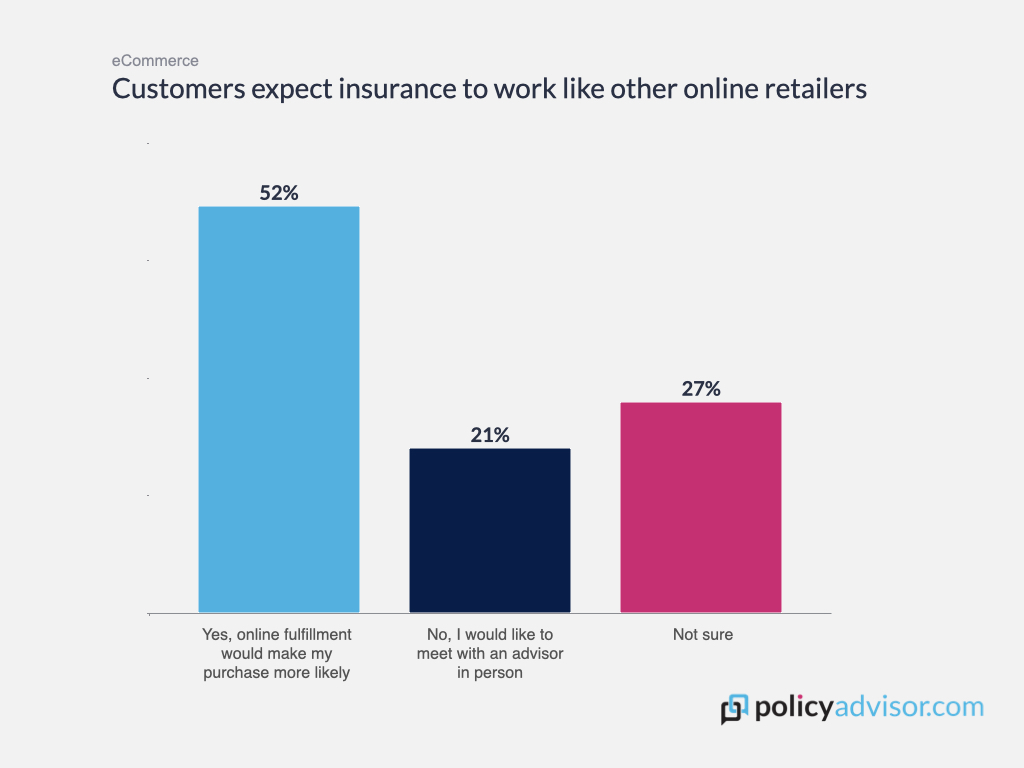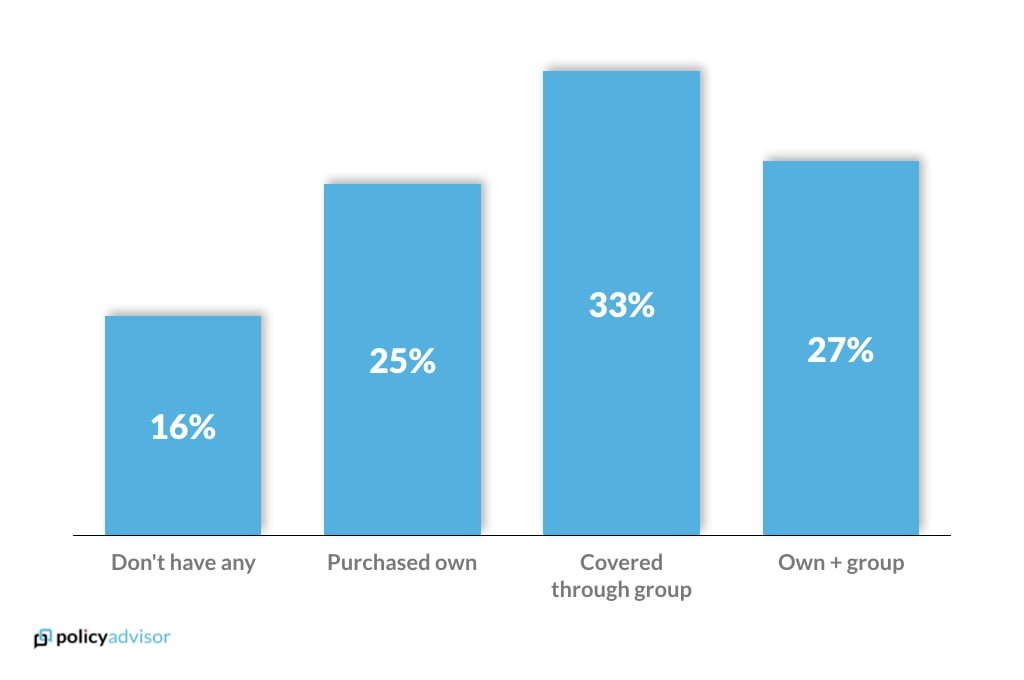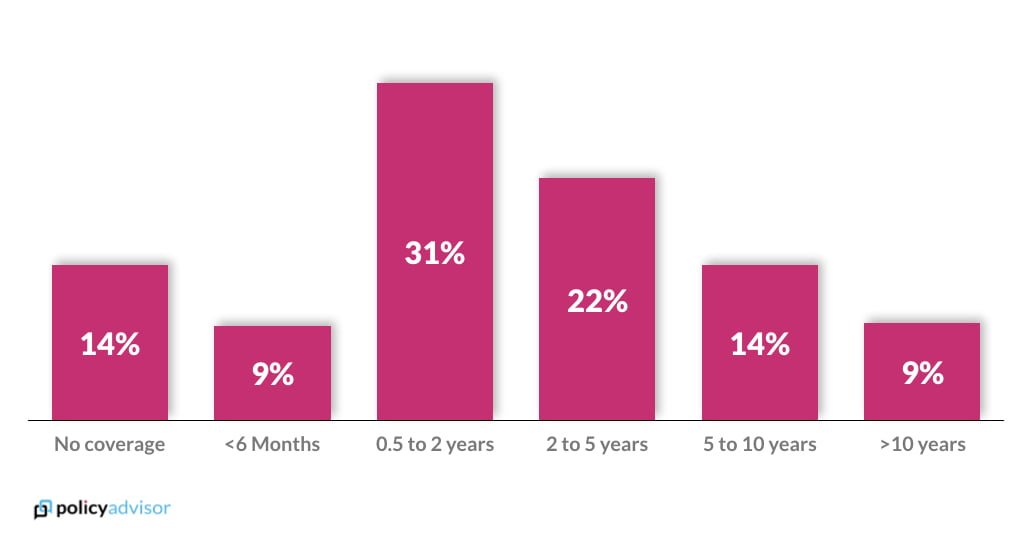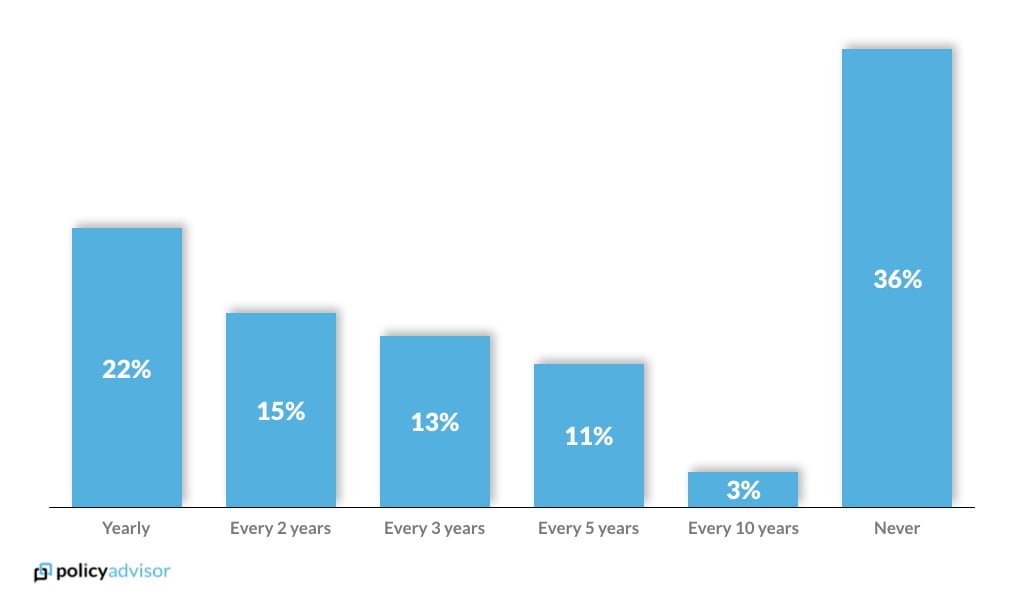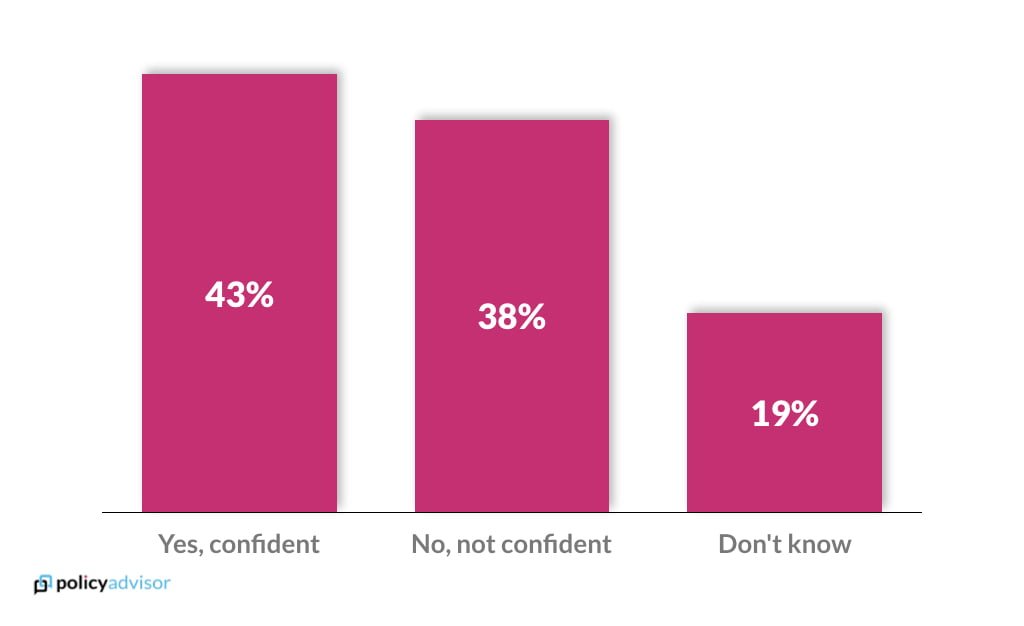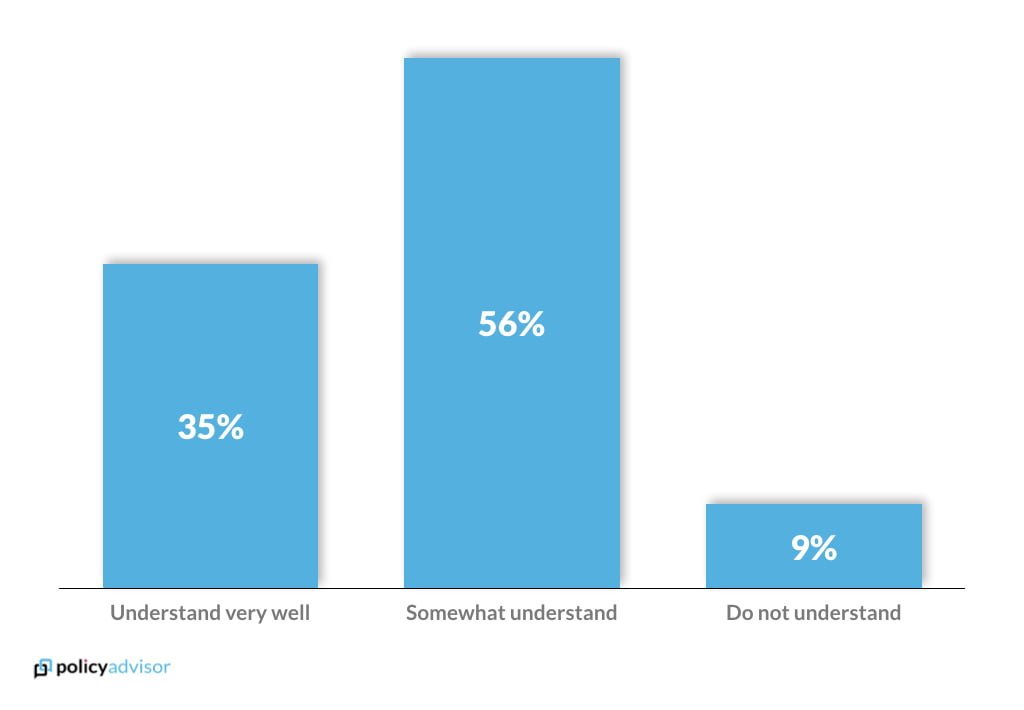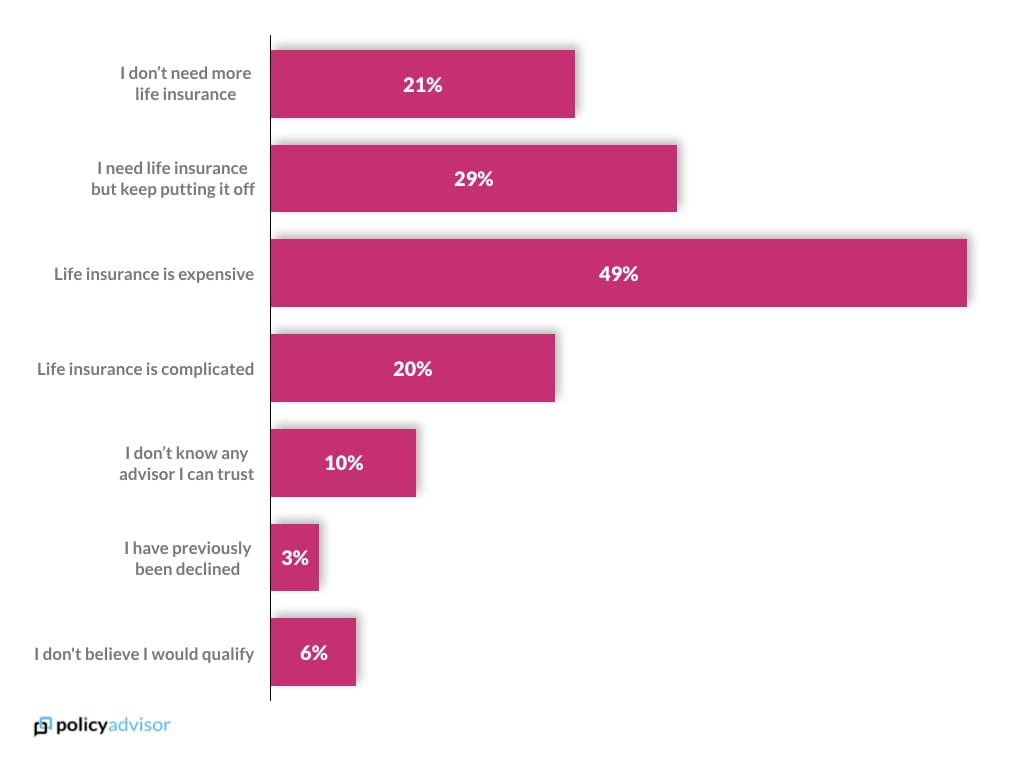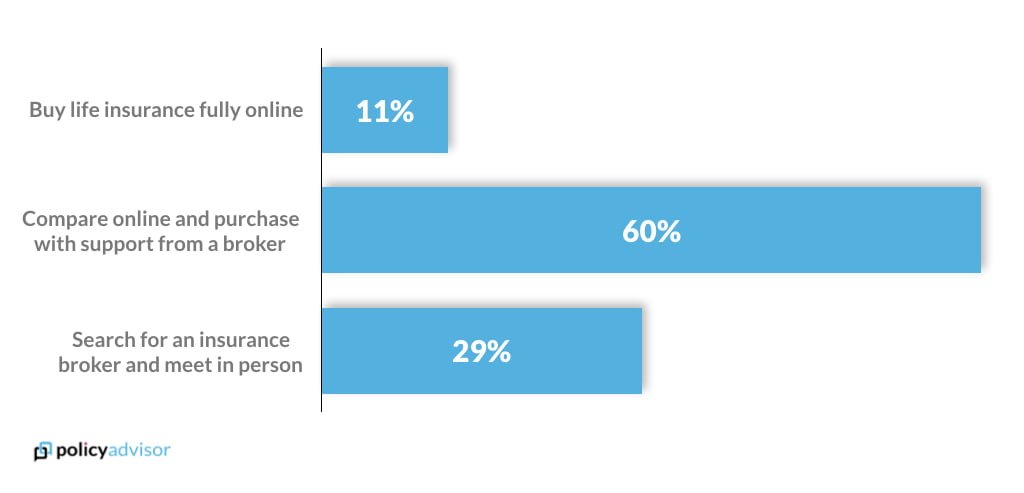Yes, if you have done drugs in the past, it will affect your life insurance. Even if you’ve only done them once, the insurance company wants to know about it. When applying for life insurance, applicants are typically asked to disclose the consumption of any drugs. This includes:
- Marijuana
- Cocaine
- Methamphetamine
- Heroine
- Steroids
- Mushrooms
- LSD
- Prescription drugs
If you’ve done these drugs that doesn’t necessarily mean you’ll be denied life insurance or that your price will be crazy high. You may still be eligible for a standard rate. It depends on the following:
- What drugs you have done
- How long ago
- If you are still doing them
- If you are seeking treatment because of your drug use
Insurance companies ask about drug use because those who do drugs, even recreational drugs, may be at a higher risk of health issues or premature death compared to those who don’t use. If you’re an active user, insurance companies consider you a “risky person” that may cost them your life insurance payout sooner rather than later. So, they either deny the application or adjust the price according to how risky they think the behaviour is. This pricing adjustment is called a “rating.”
Each company will have a certain number of years that they will ask you about. If you’ve done drugs at all in the last 12 months, you will be declined for most traditional life insurance policies. However, if it’s been longer, you may still be able to get coverage.
Life insurance and prescription drugs
When applying for life insurance, insurers will typically ask about an individual’s prescription drug use, including the type of medication, the dosage, and the reason for taking the medication. Taking prescription drugs is fine. What life insurance companies are most concerned about is whether there is an abuse issue with that drug. For example, the use of commonly prescribed opioids such as oxycontin, fentanyl, or morphine can be highly addictive and may cause addiction issues or overdose if they are used incorrectly.
Life Insurance and marijuana
While smoking cannabis is legal, using it (including edibles) more than 3 times in one week will mean a higher price for your life insurance. Consuming marijuana this month qualifies you for smoker’s rates. If you are a daily marijuana smoker you’ll have a tough time getting approved for traditionally underwritten life insurance. In such cases, non-medical life insurance providers can be a coverage option, albeit at an even higher premium than fully underwritten policies (more on that below).
Life insurance and hard drugs
Hard drug use, such as heroin, cocaine, or methamphetamine, can have a significant impact on an individual’s ability to obtain life insurance or affect the cost of their premiums. Hard drug use can have a range of negative health consequences, including an increased risk of premature death, heart disease, and other serious health conditions. In some cases, an insurer may require a medical examination or additional information about an individual’s drug use history before issuing a policy.
Can I get life insurance if I’ve been to rehab?
Yes, it is possible to get life insurance if you have been to rehab. While it may be more difficult to obtain coverage, most insurers will take into account an individual’s history of drug use when assessing their risk level. Factors such as the age at which the individual began using drugs, how long they have been using drugs for, and whether they are still actively using drugs are all taken into consideration by insurers.
Additionally, many insurers require a medical exam or additional information about an individual’s drug use before issuing a policy. Depending on the type of drug used and the amount of time since last usage, the insurer may issue a policy with higher-than-average premiums or deny the application altogether.
If you are in rebab at the time of application, it may be more difficult to obtain life insurance coverage. Life insurers typically want to see that an individual has successfully completed a treatment program and has maintained sobriety for a period of time before issuing a policy. They may ask you to hold off on applying until you complete treatment, or you may look into other life insurance options with guaranteed acceptance or no-medical exams.
Life insurance for drug users
Depending on your health and drug use history, you may be eligible for standard term or permanent life insurance. However, if your relationship with drugs is a bit more complicated than “a couple joints back in your college days”, you might consider some other types of life insurance policies that skip the extensive medical questionnaires, exams, or drug tests.
No-Medical life insurance
With no-medical life insurance, you either only have to answer a few medical questions or no questions at all, depending on the type of policy— the no-medical policy is either a simplified issue or a guaranteed issue policy. Pricing is higher than medically underwritten policies: the insurance provider takes on more risk by offering you a policy without the underwriting review or asking more stringent questions about your health.
Simplified issue life insurance
Simplified issue life insurance requires that you answer a FEW questions about your medical history for the life insurance application, rather than undergoing a full physical medical exam and interview process. There may still be some forms of medical testing involved, depending on the company. However, the qualifications for the number of years since your last instance of drug use is more relaxed with simplified no-medical policies than traditional policies.
Guaranteed life insurance
Guaranteed issue life insurance requires NO medical questions or medical underwriting. You qualify for coverage, regardless of your health. This may be the best option if you have an extensive history of drug use, if you experience health problems because of drugs, or you simply want to avoid urine or blood tests, medical questions, or medical exams. Keep in mind though, this is the most expensive type of term life insurance coverage and often has lower coverage amounts.
Can I get life insurance as an active drug user?
It’s possible if you are a current drug user, but it might be difficult. If you’ve used at all in the last 12 months (other than marijuana), insurers will decline you for traditional policies. You may still qualify for simplified life insurance but with less coverage. For example, you may only qualify for $50,000, where as with traditional life insurance you could qualify for up to $5 million.
Can I get life insurance if I’ve been to rehab?
Yes, it is possible to get life insurance if you have been to rehab. However. It may be more difficult to obtain coverage. Most insurers will take into account an individual’s history of drug use when assessing their risk level. Factors such as the age at which the individual began using drugs, how long they have been using drugs for, and whether they are still actively using drugs are all taken into consideration by insurers.
If you are in rebab at the time of application, you may be declined—remember, any use in the last 12 months is usually a decline for traditional life insurance. Life insurers typically want to see that an individual has successfully completed a treatment program and has maintained sobriety for a period of time before issuing a policy. They may ask you to hold off on applying until you complete treatment, or you may look into other life insurance options with guaranteed acceptance or no-medical exams.
Should I disclose drug use on a life insurance application?
Yes, you should disclose drug use, even if it was just one time. If the insurance company cross-examines your file and finds out that you lied on your application, you might be denied coverage at the time of application OR even when your family goes to file a claim. The insurance company has two years after it issues the policy to void the coverage or adjust the premiums if it discovers an error or lies in the application—this is known as the contestability period.
Does life insurance cover overdose death?
In most cases, life insurance policies cover overdose deaths. If a policyholder dies as a result of an accidental overdose and the policy is in good standing, the beneficiaries should receive the death benefit from the policy.
However, if the policyholder died as a result of an intentional overdose within the first two years of the policy (meaning the death was by suicide), it will not be covered. In most cases, Canadian life insurers will not pay out for suicidal deaths within the first two years of starting their policy—after that, suicide is covered.
Life insurance and alcohol use
Like drug use, excessive alcohol consumption can increase the risk of premature death, which insurers take into consideration when assessing an individual’s risk level. When applying for life insurance, insurers will typically ask about an individual’s alcohol consumption habits, including the frequency and quantity of alcohol consumed. If an individual has a history of excessive alcohol use or has sought treatment for alcoholism, it may result in higher premiums or difficulty obtaining life insurance.
The number of drinks that is considered “too many” for life insurance purposes will depend on several factors, such as the individual’s age, weight, and overall health. The Canadian Centre for Substance Use and Addiction notes the following health guidelines:
- 0 drinks per week — Not drinking has benefits, such as better health, and better sleep.
- 2 standard drinks or less per week — You are likely to avoid alcohol-related consequences for yourself or others at this level.
- 3–6 standard drinks per week — Your risk of developing several types of cancer, including breast and colon cancer, increases at this level.
- 7 standard drinks or more per week — Your risk of heart disease or stroke increases significantly at this level.
- Each additional standard drink radically increases the risk of alcohol-related consequences.
However, insurers may have their own guidelines for what they consider excessive alcohol consumption, and these guidelines may vary from one insurer to another.
Life insurance and smoking
The stress that smoking inflicts on one’s body has lasting detrimental health effects (source: CDC). Tobacco consumers are much likelier to have a health condition later in life like cancer, heart disease, and stroke. While there are many more repercussions to smoking, it is these deadly medical conditions that make a smoker’s life riskier to insure. Depending on the age of the applicant and the amount of coverage applied for, the cost of life insurance for smokers can be higher by 50 to 100% compared to those for non-smokers.
You are considered a smoker if you have used or consumed any of the following products in the last 12 months:
- Cigarettes
- E-cigarettes
- Cigars
- Cigarillos
- Chewing Tobacco
- Recreational marijuana (more than 3 times a week)
- Nicotine products
- Vapes
Applying for life insurance as a drug user
During the application for life insurance, you will be asked about any past use of illicit drugs, legal drugs, or alcohol use including:
- Marijuana
- Cocaine
- Methamphetamine
- Heroine
- Steroids
- Mushrooms
- LSD
- Prescription drugs
The insurance company will want to know when you used these substances, how often, if you are still using them, if you’re going to treatment for them, and if you have long-term health effects from your drug history.
You must be honest about your past drug use when you apply for life insurance—if the insurance company finds out you lied, your coverage for your family may be denied altogether. Those with a history of drug abuse may be declined by some companies, but others are more lenient.
Life insurance providers may require you to submit medical records, medical tests, or drug tests depending on your history. Life insurance providers will also use the following information to determine your life insurance rates:
Our licensed insurance experts at PolicyAdvisor can help you find the best life insurance policy if you have a history of drug use, whether that means just experimenting 10 years ago or you’re in recovery. Schedule a call with one of our advisors today!
Frequently Asked Questions
Do I need to take a drug test to get life insurance?
Do I need to take a drug test to get life insurance?
In a sense, yes. With traditional life insurance, you will be required to undergo a medical test that includes a blood and urine sample. These tests pick up things like kidney function, blood sugar levels, cholesterol levels, and liver function, but they will also pick up any tobacco, drugs, or alcohol in your system. So insurers don’t test for drugs exclusively, but any drug in your body will get picked up on the blood or urine test.
Can I buy life insurance as a recovering addict?
Yes, it’s possible to buy life insurance as a recovering addict. However, the process of obtaining life insurance may be more complex and require additional information about your recovery journey. You may be required to provide information about the length of your sobriety, the type of treatment you received, and any ongoing therapy or support groups that you participate in. You may be declined traditional life insurance if you’ve used in the last 12 months, but you may be simplified issue life insurance, or worst-case scenario guaranteed life insurance.
Can you get life insurance if you take steroids?
Yes, but taking steroids can potentially affect your price for life insurance. Anabolic steroids, which are synthetic versions of the male hormone testosterone, are often used to enhance muscle growth and athletic performance. However, steroid use is also associated with various health risks, including liver damage, cardiovascular disease, and other serious conditions. Because there are some health risks involved, insurance companies may increase your premiums in relation to those health risks.
Can I get life insurance with mental health issues?
Yes, you can get life insurance if you have mental health issues. Just like drug use and life insurance, your eligibility depends on your diagnosis, severity, and treatment of mental health conditions such as bipolar disorder, depression, or anxiety.
Applying for life insurance as a drug user
During the application for life insurance, you will be asked about any past use of illicit drugs, legal drugs, or alcohol use including:
- Marijuana
- Cocaine
- Methamphetamine
- Heroine
- Steroids
- Mushrooms
- LSD
- Prescription drugs
The insurance company will want to know when you used these substances, how often, if you are still using them, if you’re going to treatment for them, and if you have long-term health effects from your drug history.
You must be honest about your past drug use when you apply for life insurance—if the insurance company finds out you lied, your coverage for your family may be denied altogether. Those with a history of drug abuse may be declined by some companies, but others are more lenient.
Life insurance providers may require you to submit medical records, medical tests, or drug tests depending on your history. Life insurance providers will also use the following information to determine your life insurance rates:
Our licensed insurance experts at PolicyAdvisor can help you find the best life insurance policy if you have a history of drug use, whether that means just experimenting 10 years ago or you’re in recovery. Schedule a call with one of our advisors today!
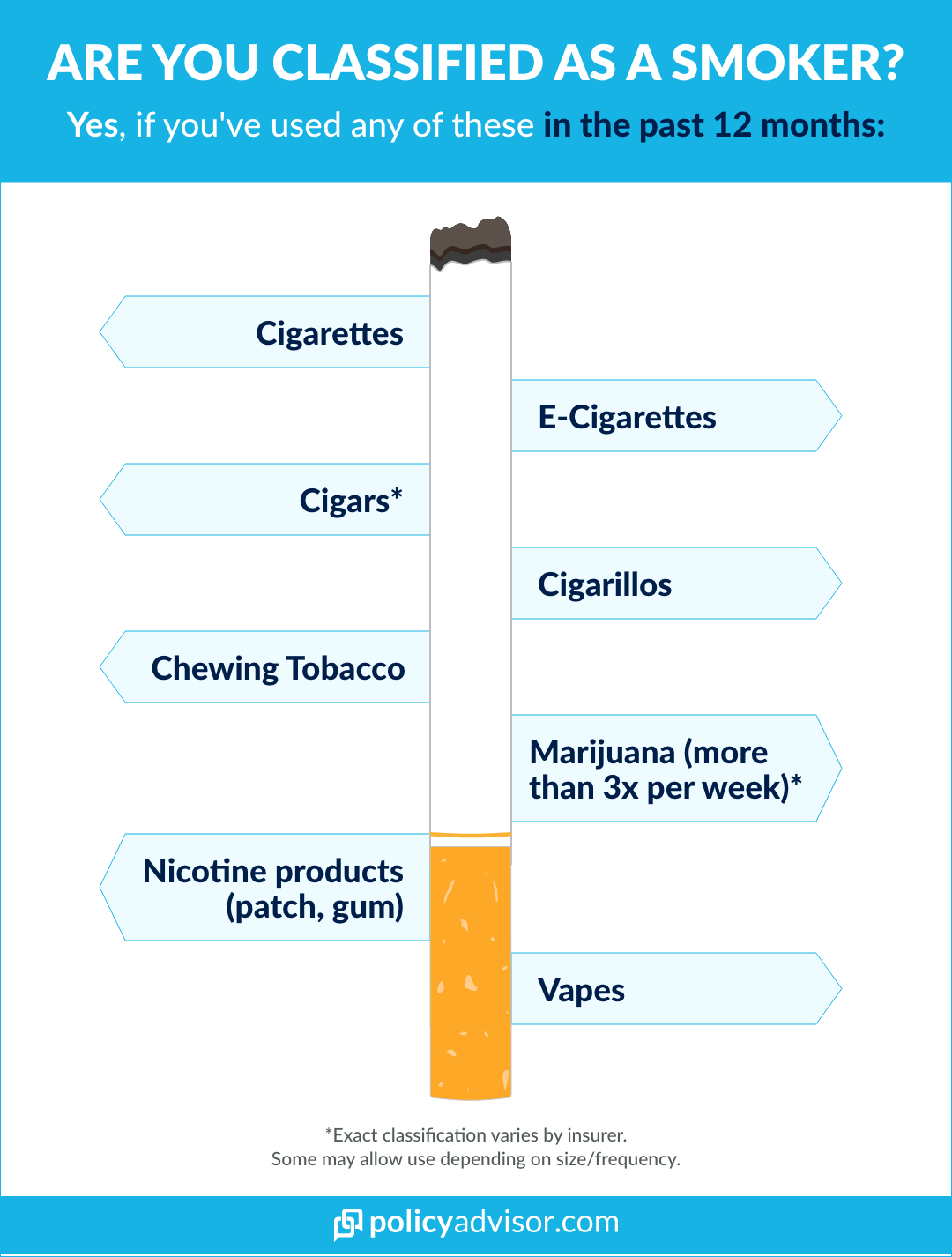


 1-888-601-9980
1-888-601-9980